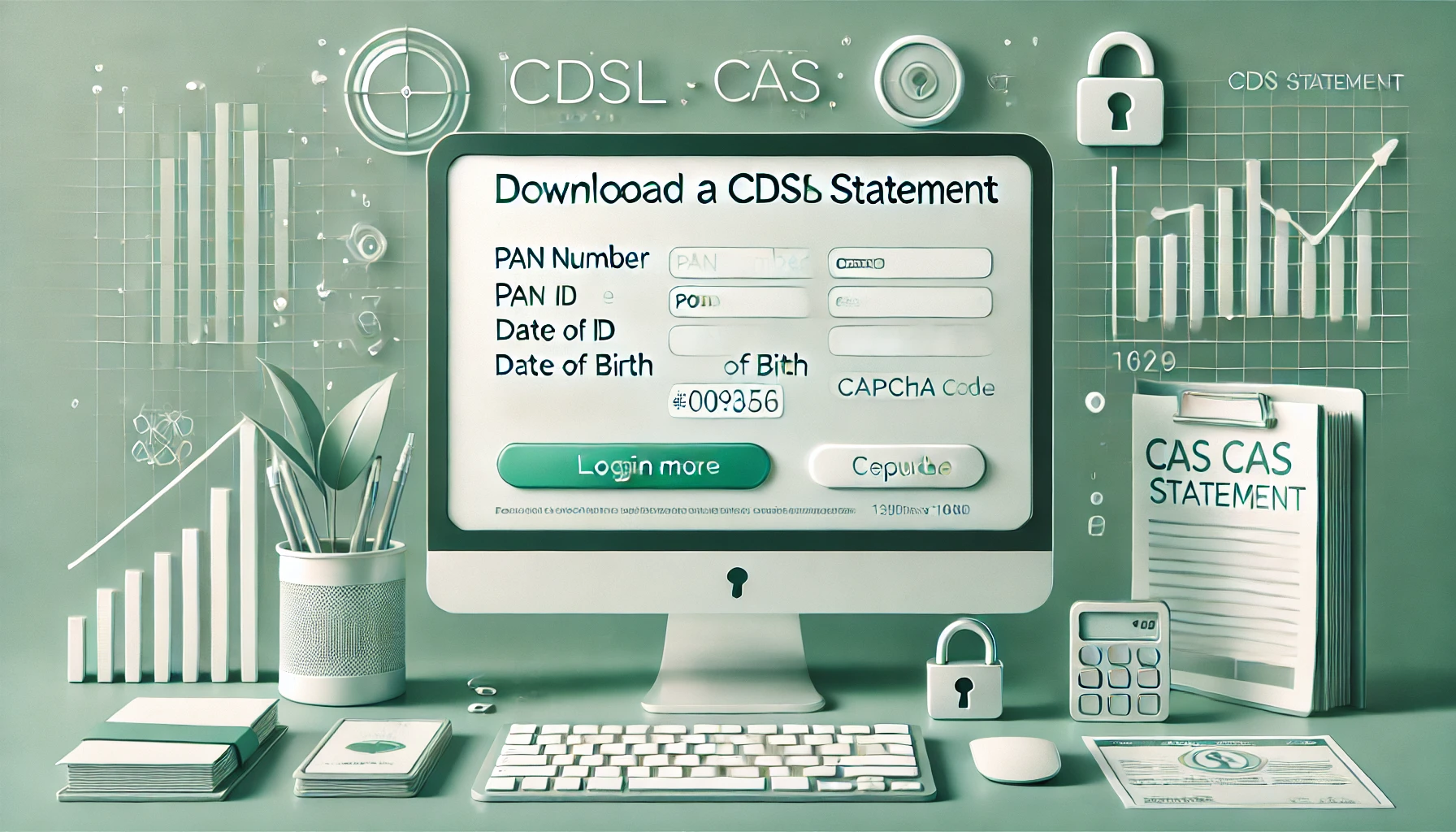
Gift Deed vs Will vs Settlement Deed: When to Use Which in India
Learn how Gift Deed, Settlement Deed, and Will differ in India - their timing, legal effec...
When a person passes away, the question that immediately arises is - who inherits their assets? If there’s a Will, the process is relatively straightforward. But when someone dies intestate (without a Will), the succession laws of India step in.
Succession laws determine who gets what - and they differ depending on one’s religion. Broadly, India follows three main laws:
Let’s understand how each of these laws works, and how inheritance rules vary across religions.
Succession law becomes relevant when:
If a valid, registered Will exists, the executor or nominee simply applies for probate - a court’s certification of the Will’s authenticity - and distributes the assets as per the deceased’s wishes.
However, if no Will is found, the law of succession based on one’s religion decides the distribution.
The Hindu Succession Act governs inheritance for Hindus, Buddhists, Jains, and Sikhs. It applies to both ancestral and self-acquired property.
When a Hindu man dies without a Will:
Key Principle: Under Hindu law, the emphasis is on bloodline continuity - property remains within the family tree.
Muslim inheritance is governed by Shariah (Islamic law), which classifies heirs into specific categories.
Key Principle: Islamic law emphasizes fair division based on prescribed shares - ensuring every immediate relative receives a defined part of the estate.
This Act governs inheritance for Christians, Parsis, Jews, and others not covered by Hindu or Muslim laws. It provides gender-neutral and relatively uniform rules for men and women.
Key Principle: The Act prioritizes spousal and parental balance, promoting equitable division across close family members.
| Religion / Law | Primary Governing Act | Who It Covers | Key Inheritance Pattern | Special Notes |
|---|---|---|---|---|
| Hindu | Hindu Succession Act, 1956 | Hindus, Sikhs, Jains, Buddhists | Equal share for Class I heirs | Focus on lineage; adopted children equal |
| Muslim (Sunni) | Shariat Act, 1937 | Sunni Muslims | Fixed share for wife, husband, parents, children | Sons get double daughters’ share |
| Muslim (Shia) | Shariat Act, 1937 | Shia Muslims | Focus on spouse, children, parents only | Excludes siblings if parents alive |
| Christian | Indian Succession Act, 1925 | Christians | 1/3 spouse + 2/3 children | Equal rights for men and women |
| Parsi / Jew | Indian Succession Act, 1925 | Parsis, Jews, others | Equal division among spouse and children | Parents get half the share of a child |
Tip: Writing a Will saves your family from complex legal battles. Even if you know which law applies to you, a Will ensures your wishes take precedence.
Succession laws in India are deeply rooted in religious traditions, but for modern families especially those with diverse backgrounds or multiple assets - clarity is everything.
At Finnovate, we help families understand how succession laws, nominations, and Wills work together to ensure a smooth transfer of wealth.
Ready to secure your legacy?
Book your Financial Fitness Review
- and plan your estate with clarity, confidence, and care.
Disclaimer: This article is for educational purposes only and should not be construed as legal or financial advice. Succession laws may vary by individual circumstances - please consult a qualified professional before making any decisions.
Popular now

Learn how to easily download your NSDL CAS Statement in PDF format with our step-by-step g...

Explore what Specialised Investment Funds (SIFs) are, their benefits, taxation, minimum in...

Learn How to Download Your CDSL CAS Statement with our step-by-step guide. Easy instructio...

Looking for the best financial freedom books? Here’s a handpicked 2025 reading list with...